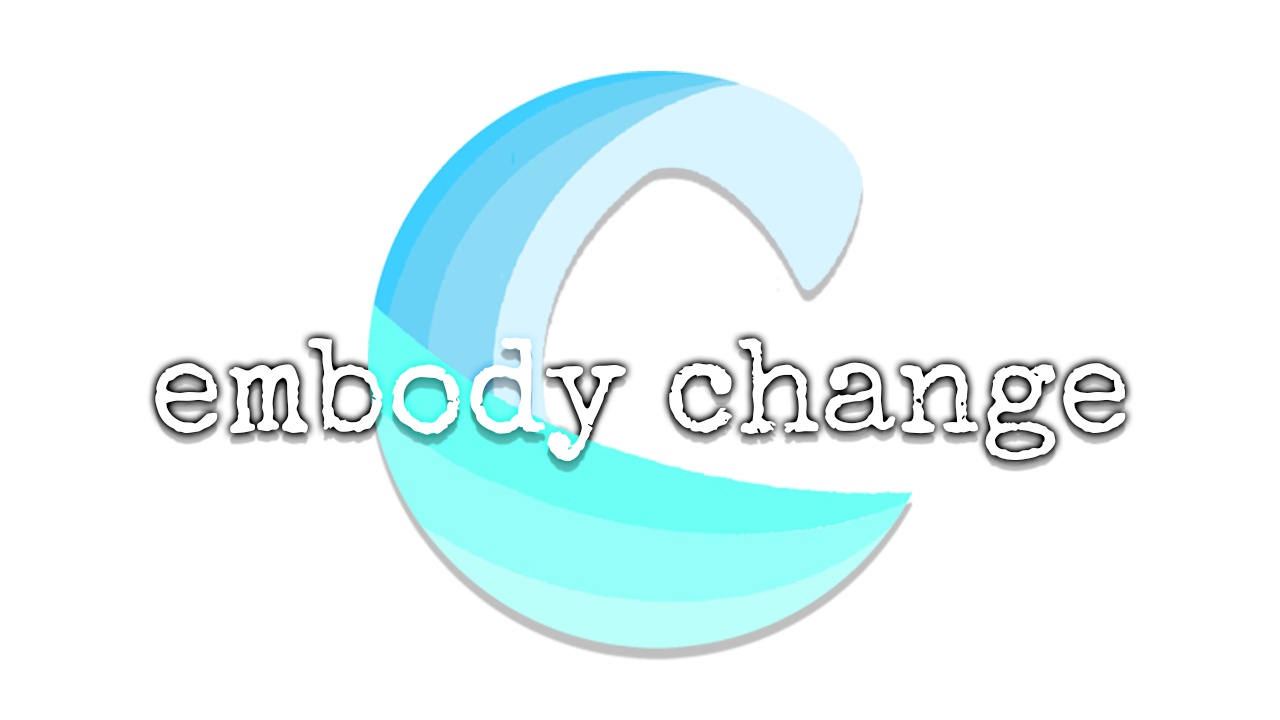Services
Workshops
Tailored to your organizational/community setting and culture, I facilitate workshops that promote reflection, foster community dialogue, and use embodied and arts-based approaches to co-create more equitable professional and educational spaces.
Training
Are you interested in learning embodied and other creative practices to incorporate in your own teaching, facilitation, organizing, or other work? Trainings are experiential, fun, customized to your group, and aim to integrate social justice skills into your toolbox.
Consulting
With many years of experience as an educational consultant, my approach is collaborative and equity-focused. Let’s discuss effective ways to use theater and other creative approaches in education, pedagogy, program and curriculum development.
Given our current working and educational situation, services can be provided virtually. My focus is equipping people with tools to cultivate more connection, collaboration, and creativity in their own online or hybrid/blended spaces. The first consultation/initial conversation is free!
MAKING AN IMPACT
-
“Dr. Ronquillo is skilled in creating safe, creative learning experiences that encourage participants to explore the connections between their bodies and their professional work. Her use of theater techniques as a way to engage in embodied activities is powerful."
Dr. Lisa Webb, Virginia Commonwealth University
-
“After over a year of constant personal and professional triage, it felt so amazing to reconnect with my body, my colleagues/friends, and my writing. Theresa's facilitation is a wonderful mix of team building, somatics and reflective exercises that allowed me to open up into a more creative space. I felt safe and supported, and was able to write for the first time in two years after our sessions. I couldn't recommend Dr. Ronquillo more enthusiastically.”
Dr. Liz Canfield, Virginia Commonwealth University
-
“Theresa has shown me that Theatre of the Oppressed is equal parts kick-ass adrenaline and introspective humility. This might seem super jarring, but under the guidance and skill of someone like Theresa Theatre of the Oppressed is an exciting and beautiful work of art that teaches people some of the most difficult skills one could learn.”
Dr. Jason Chen, College of William and Mary

“The theater itself is not revolutionary: it is a rehearsal for the revolution.” - Augusto Boal, Theatre of the Oppressed
How Does This Work?
“This has shown me that theater allows us to see things we might not see just by talking.”
An attendee of an interactive theater performance and workshop about social justice issues I co-facilitated a few years ago offered this observation during one of our discussions. These powerful words have stuck with me, becoming my professional mantra. For me, these words mean that simply talking about something--about a workplace problem, about a social issue, about a solution--is often not enough. People reflect, learn, and become inspired to take action through different ways of knowing. Some people might need to write down thoughts, and others might need to get out of their seats and move around. So many of us are in our heads all the time, and it’s crucial to disrupt this mind-body disconnection. As an educator and facilitator with a background in Pedagogy and Theatre of the Oppressed and other interactive, creative, arts-based methods, the “performance” practices I use aim to uncover things that are often unseen or glossed over—bringing our whole, true selves into this process of unearthing truths and actions for change.
When I facilitate a workshop, training, or event, we engage in a series of activities that honor our senses, different ways of learning, personal and bigger picture goals, and the flow and rhythm of the group. We play and get to know each other in deeper ways. We reflect on our own experiences and biases. We share true life stories about power, privilege, and oppression. We explore a range of perspectives and give voice to them through body and sound. We use our bodies to move around our environment, to learn about ourselves and each other in space. We explore safety and discomfort. We make adaptations that benefit everyone. We draw and visualize our ideas. We explore a range of strategies and responses to challenging situations through community dialogue and problem solving. We rehearse and embody a range of solutions that address the systemic and organizational/institutional barriers, as well as interpersonal conflicts. We actively listen. We take risks when we feel secure to do so. We make mistakes. We leave with concrete action steps and a plan for personal, interpersonal, group, community, organizational, and social change. We hopefully leave with more care and understanding for ourselves and for each other.
We bring our whole selves into the process in order to feel, learn, grow, and change.
“This is a beautiful process”



